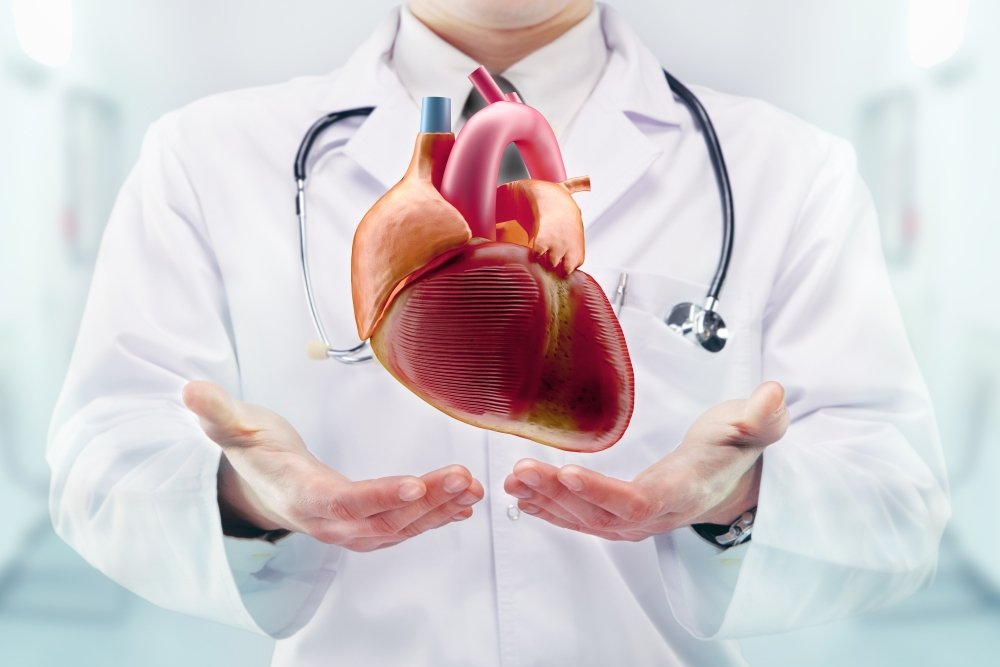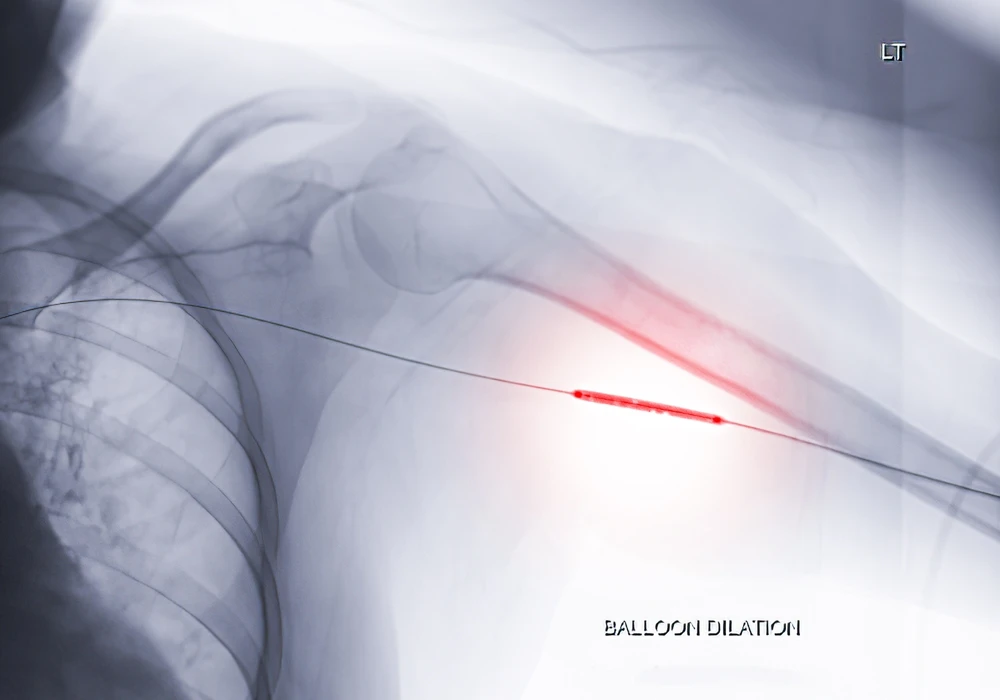
Vascular diseases are a group of conditions that affect the blood vessels, including the arteries, veins, and capillaries. These conditions can range from mild to life-threatening, and they can affect people of all ages and backgrounds. Understanding the common causes of vascular disease is crucial for preventing and managing these conditions, and it can help individuals take steps to protect their cardiovascular health.
Common Symptoms of Vascular Disease:
The common symptoms of having vascular disease can vary depending on specific conditions in the affected area. Common symptoms of vascular diseases include:
- Chest pain or discomfort: This can be a sign of coronary disease, which usually occurs when the blood vessels that supply blood to the heart become narrow or blocked.
- Leg pain or cramping: This can be a sign of peripheral artery disease, which occurs when the blood vessels that supply blood to the legs become narrow or blocked.
- Shortness of breath: This can be a sign of heart failure, a condition in which the heart is unable to pump enough blood to meet the body’s needs.
- Swelling or numbness: This can be a sign of deep vein thrombosis, a condition in which a blood clot is formed in a deep vein, usually in the legs.
- Weakness or paralysis: This can be a clear sign of a stroke, which occurs when the blood supply to the brain is disrupted.
- Discoloration or ulcers: This can be a sign of peripheral artery diseases or other vascular conditions in which the blood flow to the affected area is reduced.
- High blood pressure: This can be a sign of hypertension, a condition that can lead to several vascular diseases if left untreated.
Factors Leading to Vascular Diseases:
There are quite a lot of factors that lead to vascular diseases. A heart patient should keep these in mind to avoid further heart problems and lead a healthy life. The most common factors include:
- Poor diet: A diet high in saturated and trans fats, cholesterol, sodium, and sugar can increase your risk of developing cardiovascular diseases.
- Lack of physical activity: Not getting enough exercise can lead to obesity, high blood pressure, and other risk factors for vascular diseases.
- Smoking: Smoking damages the blood vessels and increases the risk of the hardening of the arteries, which can lead to heart disease.
- High blood pressure: High blood pressure, also known as hypertension, can damage the blood vessels and increase the risk of heart disease, stroke, and other vascular diseases.
- High cholesterol: High levels of bad cholesterol can lead to the buildup of plaque in the arteries, which can increase the risk of heart disease.
- Diabetes: People with diabetes are at increased risk of developing vascular diseases because high sugar levels can damage the blood vessels and increase the risk of atherosclerosis.
- Family history: Having a family history of cardiovascular diseases increases your risk of developing similar conditions.
- Age: The risk of vascular diseases increases as you grow older.
- Gender: Men are at higher risk of developing vascular diseases than women. Women tend to be at greater risk after menopause.
- Obesity: Being overweight or obese can increase your risk of vascular diseases as well as other health conditions like diabetes and high blood pressure.
Taking care of these factors and getting regular checkups can save you from developing serious cardiovascular complications.
Treatment Options for Vascular Diseases:
Mainly, the treatment options available for vascular diseases depend on the different conditions. The main treatment options that are usually adapted include:
- Lifestyle changes: Adopting a healthy lifestyle can help manage vascular diseases. This includes eating a healthy diet, exercising regularly, quitting smoking, and managing stress.
- Medications: There are several medications available to treat vascular diseases, including blood thinners, cholesterol-lowering drugs, blood pressure-lowering drugs, and medications that help control diabetes.
- Endovascular procedures: These are minimally invasive procedures that use catheters and other small devices to repair or treat blood vessels. Examples include angioplasty, stenting, and atherectomy.
- Open surgical procedures: In some cases, open surgery could be necessary to repair or replace damaged blood vessels. Examples include bypass surgery.
- Life-style management: In some cases, a healthy lifestyle can help prevent or manage vascular diseases. This includes eating a healthy diet, exercising regularly, quitting smoking, and managing stress.
Conclusion:
Vascular diseases are complex conditions that can have a significant impact on a person’s health and quality of life. While some risk factors for vascular diseases cannot be controlled. Those include age, gender, and family history. But other lifestyle-related factors like diet, physical activity, and smoking can be modified to reduce the risk of developing these conditions.
By adopting healthy lifestyle habits and working closely with our healthcare providers at Heart Experts of Florida, you can manage your existing conditions, and individuals can take steps to promote heart health while reducing the risk of developing complications associated with vascular diseases.




